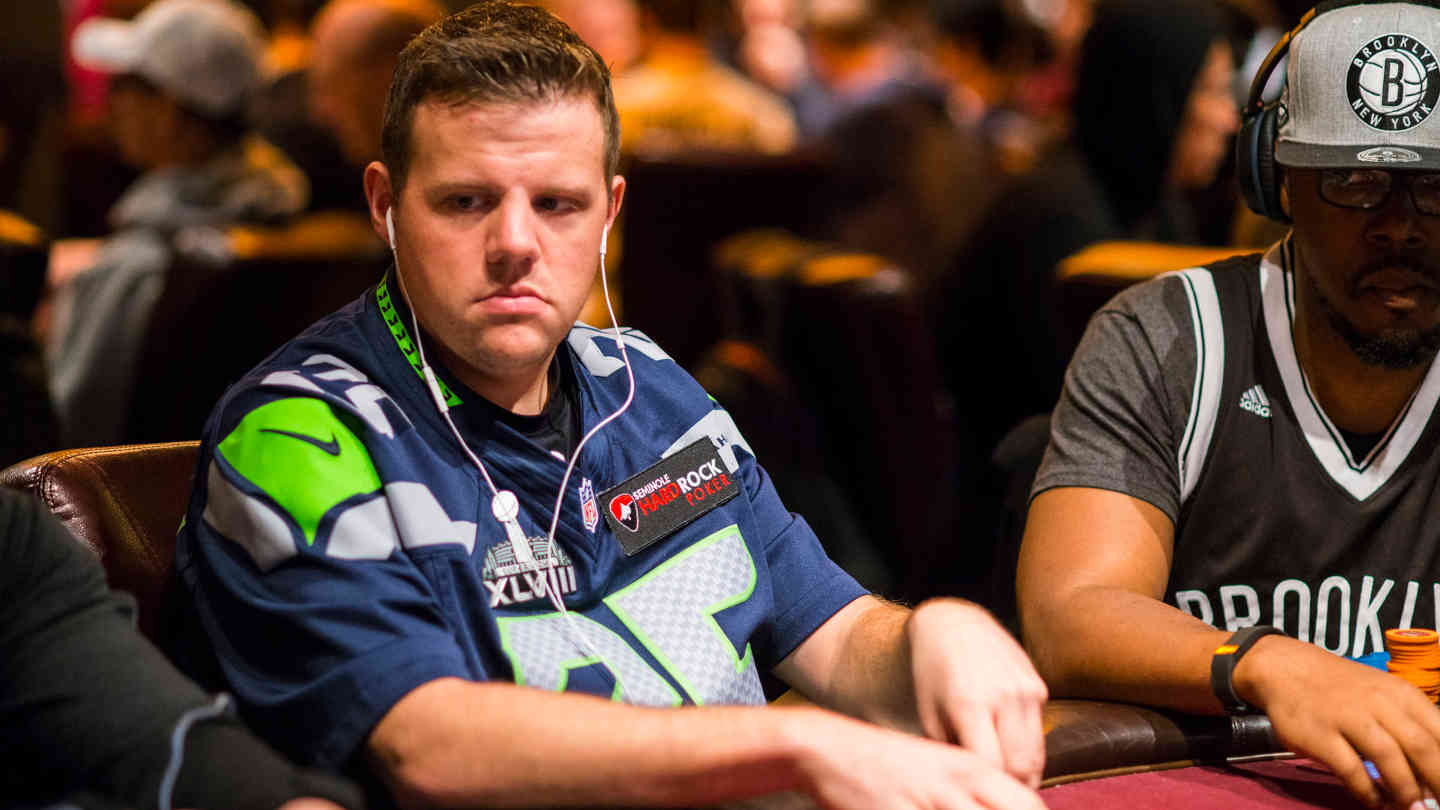5 Reasons Why You Should Not Have Stop/Loss Limit

5 minutes
Last Updated: March 19, 2024
5 Reasons Why You Should Not Have Stop/Loss Limit
Images from shutterstock.com
If you have ever played poker in your life, you probably know that it’s a swingy game with a lot of ups and downs. When things are going right, it can seem like the simplest game in the world. When they aren’t, you may feel like every poker hand you play is pure torture.
As a poker player, you are your own manager, coach, and support staff. You will be the one deciding when to play, when to quit, and how long to keep going during the good and the bad sessions.
A stop/loss limit was invented by poker players who thought that stopping play during downswings is the best way to deal with them.
However, that’s not really true as you will have to push through downswings whether you like it or not.
For those who may not know what it is, a stop/loss limit is the number of buyins that you allow yourself to lose in a single session.
If you use this strategy, you will quit the game every time you lose this number of buyins.
After careful analysis, I have created this list of the top 5 reasons why you should not have a stop/loss limit in your game if you are trying to be a serious poker player.
Swings Are Inevitable
Whether you like it or not, you are going to have downswings in poker, no matter how good you are or how bad your opponents may be.
In fact, even the best poker players lose about 40% of their sessions if they play in a way that maximizes their long-term profits.
This means you will often run into stretches where you will lose several sessions in a row. If you start quitting, you will only have such stretches even more often.
Both upswings and downswings are inevitable for every player at the table. The real secret is in maximizing your winnings when you are doing well and minimizing your losses during your bad session.

Remember that every hand of poker is completely unrelated to all others, and your best bet is to win as many chips as you can in every hand you play. After many hours at the felt, all those wins and losses will add up to show your result.
Don’t be worried about how you are doing in a particular session. Rather, think of all the hands you have ever played as one massive poker session that never really ends.
You Earn Money with Every Hour Played
Assuming you are a winning poker player and a favorite in the game you are playing, you will be winning money with every hour you play, regardless of how things are going.
Poker players calculate their winnings in bb/hour, and that’s because they know that both the wins and the losses are just a part of the overall flow of the game.
For that reason, if you are trying to be a professional poker player, you should understand that you need to put in the hours if you want to make a good profit. This is also why many prefer to play poker online, as they can play more hands over the same period.
You could have a session in which you win ten buyins and think you are doing amazing. The truth is that it won’t matter at all if you don’t put in enough hours to let the variance even out and your winnings come to a realistic number.
Games Get Good at Late Hours
A stop/loss limit requires that you leave the game if you lose a certain number of buyins or big blinds. While it may be efficient in keeping you on your A-game, it will also force you to leave the games at the best time.
If you start playing at a relatively normal time, you may end up losing a few buyins during the earlier hours of the evening, when the games are still not that great.
If you do lose and leave, you will miss out on the best hours, when players get drunk, are trying to get unstuck, and generally play worse as fatigue and tilt start to kick in.
A much better way of doing things is to take a break if you are losing and come back some 30 minutes to one hour later.
This way, you will have taken care of any tilt issues you may have, but you will still be there to beat the biggest fish and capitalize on the juiciness of late-night games.

Results Don’t Matter
Being results-oriented is one of the biggest traps that many poker players fall into. Novice players will look at the short-term results and assume someone is crushing the game or is a big loser.
As a serious poker player, you need to understand that poker is all about the decisions you make and the equity you have in the hands you play.
Serious players know that variance is an essential part of the game. You can get your money in good and still lose many times in a row due to unlucky runouts.
Your goal is to make good decisions and maximize your expected value. The more you do this, the more you are going to win in the long run.
With this in mind, imposing a stop/loss limit on yourself will not help in any way. What you do need is good discipline and tilt-control, which are going to allow you to play your best game regardless of which way the cards are falling.

Perseverance is Key
There are many games out there in which the best player is going to win virtually every time. Poker is not one of these games! In fact, the best player at the table will still lose a decent chunk of the time.
If you want to make it in poker, you will need to learn to persevere when things are going poorly and keep pushing through the bad beats, coolers, and downswings.
Once you have mastered the perseverance and the swings no longer affect you as much, your results will start to improve dramatically.
By spending more hours at the table, you will maximize your winnings and be able to exploit the mistakes your opponents make in the late hours of the night.
Perseverance is truly one of the most important skills a poker player needs to have, and imposing a stop/loss limit will not help you acquire it. You will just be running away from unlucky sessions instead of taking them head-on.
Keep a level head, stick to good bankroll management, and don't worry too much about short-term variance. Luck will even out eventually, and good players will always come out ahead!


















